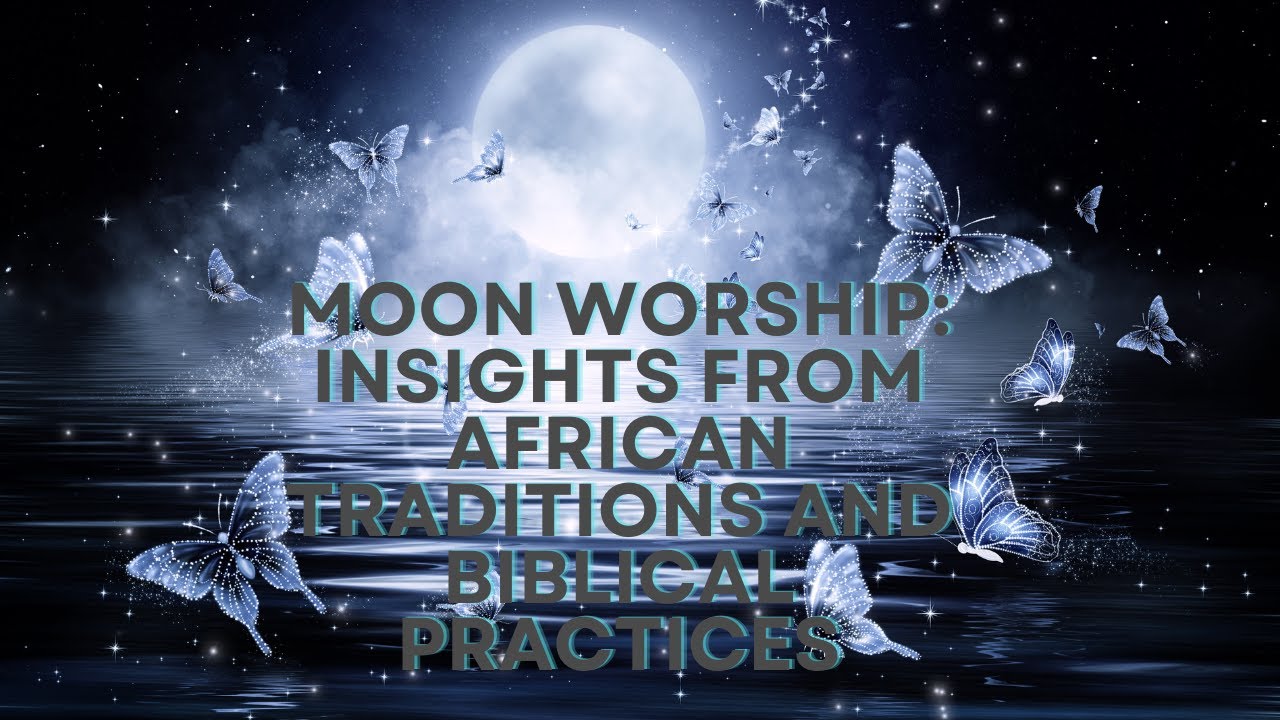The moon holds a profound significance in the cultures and traditions of Africa, as well as in ancient Hebrew practices documented in the Bible. From the Ngas people of Nigeria to the Luba people of the Democratic Republic of the Congo, lunar cycles shape festivals, rituals, and agricultural practices. In Nigeria, the annual festival of Mos Tar sees young participants adorned in white, resembling the moon, while the Luba people utilize white pigment as a symbol of lunar energy during spiritual consultations. Similarly, the Baule people of Côte d’Ivoire incorporate moon masks into their entertainment dances.
In African agricultural societies, the observation of the moon’s cycles aligns with human and agricultural fertility, as expressed by a Ngas bard’s metaphorical comparison between the moon and the birthing process. Additionally, the Bible outlines the significance of new moon feasts, marking the beginning of each month in the Hebrew lunar calendar. These feasts were commanded by God, accompanied by specific rituals, trumpet blasts, and communal gatherings, emphasizing the importance of lunar observations in religious life.
This narrative explores the multifaceted roles of the moon in African cultures and biblical traditions, shedding light on the spiritual, cultural, and agricultural significance attributed to the lunar cycles across different societies and historical contexts.
#AfricanCulture #LunarRituals #MoonSymbolism #CulturalHeritage #NewMoonFeasts #NgasPeople #LubaPeople #BaulePeople #DRC #Nigeria #CotedIvoire #HebrewCalendar #ReligiousTraditions
source

Leave a Reply